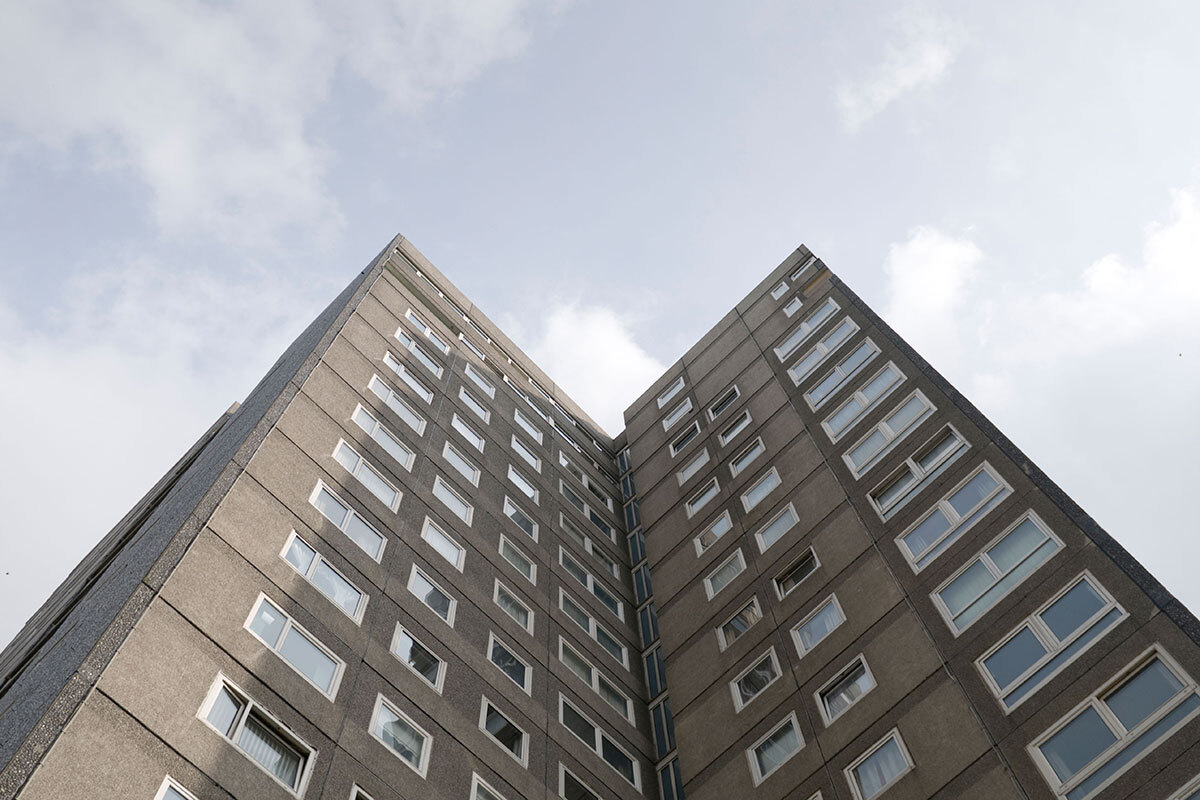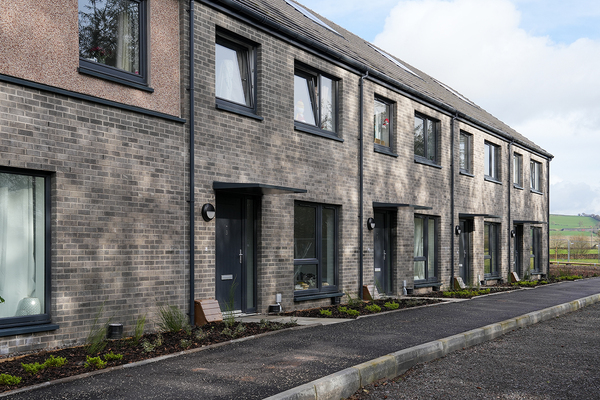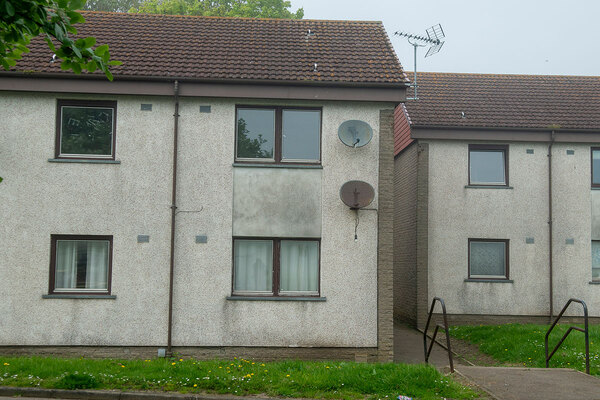You are viewing 1 of your 1 free articles
‘A significant omission’: CIH hits out at reports that flats will not be in leasehold ban
Plans to ignore flats as part of the government’s long-promised leasehold ban have been branded a “significant omission” by the Chartered Institute of Housing (CIH).

The professional body has spoken out after housing minister Rachel Maclean appeared to confirm media reports that a leasehold bill will be in next week’s King’s Speech.
The proposed legislation is expected to outline that all newly built houses must be sold as freehold, according to The Sunday Times. However, reports have suggested that new flats will not be included and can still be leasehold.
The proposed bill comes around six years after the government first announced it would ban new leasehold houses.
Rachael Williamson, head of policy and external affairs at the CIH, said it is “good to see legislation being brought forward”.
But she added: “The decision not to include flats is, however, a significant omission.”
Around 70% of England’s five million leasehold homes are flats, according to government statistics.
At the same time, the Labour Party and housing campaigners have also attacked the rumoured bill.
Shadow housing minister Matthew Pennycook wrote on X (formerly known as Twitter): “If this thin gruel is all we’re getting in the King’s Speech, leaseholders will have been failed.
“A Labour government will fundamentally and comprehensively reform the leasehold system.”
Harry Scoffin, co-founder of the campaign group Commonhold Now, said the government was “unleashing demons”.
“The package briefed to The Sunday Times will not cut the mustard for those of us being extorted in leasehold flats,” he wrote on X.
“We need freehold purchase and commonhold conversion made easier and cheaper. And all new flats commonhold.”
Housing secretary Michael Gove said earlier this year that leasehold was an “outdated feudal system that needed to go”.
However, he was prevented from pushing ahead with plans to abolish leasehold altogether following a battle with Downing Street, it was reported by The Guardian in May.
As part of the measures, ministers are also planning to consult on a plan to cap all existing ground rents to a “peppercorn” rate.
The new bill is also expected to include proposals to change the standard contract lease extension from 90 years to 990 years.
A requirement for someone to have lived in a property for two years before they can negotiate an extension is also likely to be removed, if the bill makes it through parliament and passes into law.
Marie Chadwick, policy leader at the National Housing Federation (NHF), said: “It’s good to see progress being made on leasehold reform to make the system fairer and more affordable.
“The government has committed to working with the NHF and our members on the details of this change to understand the financial and operational implications for not-for-profit housing associations. We look forward to doing so once the legislation is published.”
The G15 group of large London landlords declined to comment.
A Department for Levelling Up, Housing and Communities spokesperson said: “We have already made significant improvements to leasehold – ending ground rents for most new residential leases – and will make it easier and cheaper for leaseholders to extend their lease or buy their freehold.
“The secretary of state has been clear that we will bring forward legislation to protect leaseholders as soon as is possible. This will give them more information on their service charge costs and ensure they are not subject to any unjustified legal costs.”
Sign up for our regulation and legal newsletter
Already have an account? Click here to manage your newsletters











